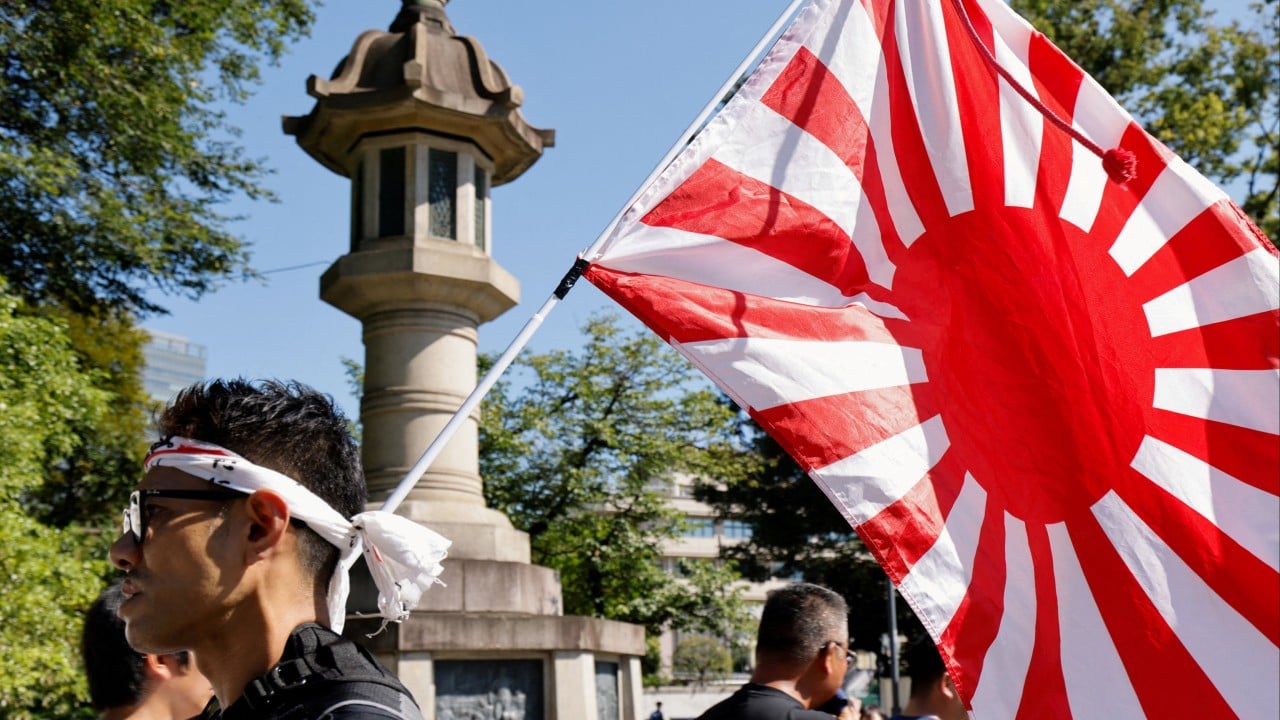A leading contender to become Japan’s next prime minister has sparked backlash from conservatives after suggesting the removal of Class A war criminals from the controversial Yasukuni Shrine, a “bold” idea that analysts say could help repair strained ties with neighbouring countries over Tokyo’s wartime history.
Advertisement
Yoshimasa Hayashi, the chief cabinet secretary and a front-runner in the ruling Liberal Democratic Party leadership race on Saturday, proposed separating the “souls” of 14 men convicted of the most serious war crimes. Doing so would allow Japanese politicians and the emperor to pay their respects at the shrine without drawing international condemnation, he argued.
While the proposal has enraged conservatives, analysts believe it signals a rare attempt by a top Japanese politician at regional reconciliation.
“Since 1978, Yasukuni has been ground zero for an unrepentant view about Japan’s wartime rampage through Asia due to the enshrinement of Class A war criminals,” said Jeff Kingston, director of Asian Studies at Temple University in Tokyo.
Noting that even the imperial household had avoided visits to the shrine, he told This Week in Asia: “Associating this sacred site with such toxic history ensures it remains controversial within Japan and with China and South Korea.”
Advertisement
Hayashi’s suggestion before the LDP leadership battle is “a bold gesture of reconciliation to victims of Japanese imperialism”, according to Kingston. “Japanese reactionaries are outraged because they prefer a whitewashed version of Japan’s shared history with Asia.”

